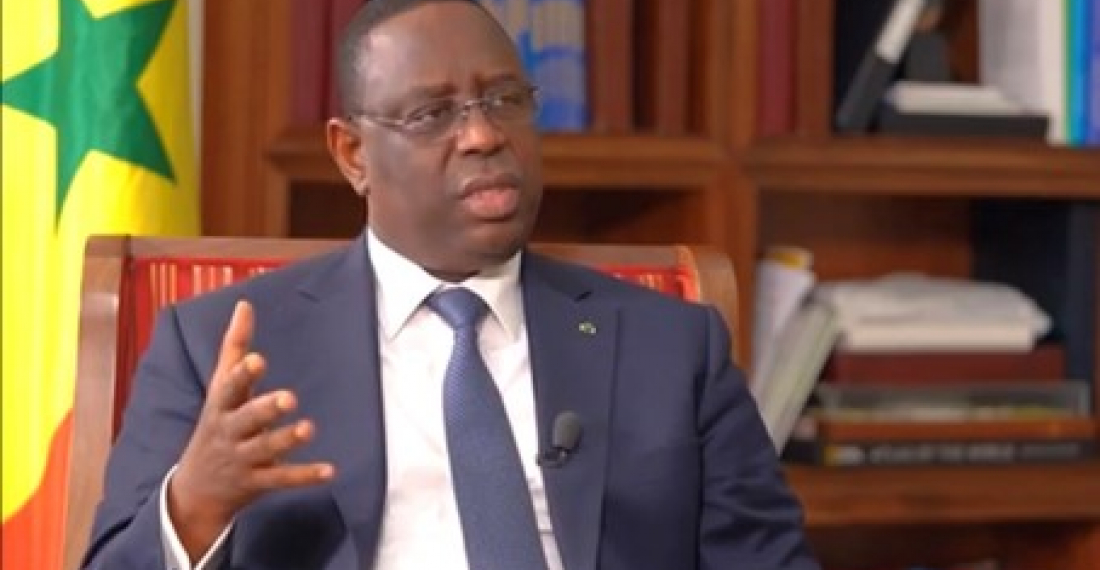The Senegalese army announced at dawn on Monday, 14 March, that it had launched a military operation against fighters allied to the Movement of Democratic Forces of Casamance (MFDC), who are thought to be behind an old secessionist conflict in the south of the country, simmering since 1982.
This new campaign comes less than two months after four Senegalese soldiers were killed, and seven others captured by MFDC fighters in the border area with the Gambia. The seven Senegalese soldiers - who are also members of the West African military mission in the Gambia (ECOMIG) - have since been released by the military leader of the rebellion in Casamance, Salif Sadio.
In a statement, the Senegalese army chief of staff said it was determined to dismantle the MFDC faction's bases along the northern border to preserve the integrity of the national territory, at all costs.
In response, neighbouring Gambia, worried about a conflict on its border, said on Monday that villagers had been affected by the detonation of heavy weapons and falling shells.
The resurgence of the conflict in Casamance is already causing a significant migration flow from Casamance to the Gambian villages of Foni Bintang, Foni Kansala, and Foni Bintang Karanai, according to the Senegalese statement.
Gambian President Adama Barrow is therefore calling for a peaceful solution to the conflict in Casamance, while assuring that he will not allow anyone to enter the Gambia with arms and ammunition.
This internal displacement adds to the more than 2.1 million people who have fled their homes since 2013 in the Sahel region due to the growing terrorist threat.
This conflict dates back to December 1982, when the Casamance independence fighters struck, following a crackdown on a march of their MFDC movement in Ziguinchor by the Senegalese central government of the time.
The Casamance’ separatist rebellion, which has thrived on social discontent resulting from the marginalisation of the region sandwiched between the Gambia to the north and Guinea-Bissau to the south, has killed thousands and devastated the local economy.
In an effort to end the conflict, the Senegalese state undertook to attack MFDC bases in order to stop the flourishing smuggling in wood and cannabis, the main source of revenue for the rebels according to the Senegalese army.
Observers wonder if Senegalese President Macky Sall will find the means to put an end to Africa's oldest conflict, unlike all his predecessors of the last 40 years.







